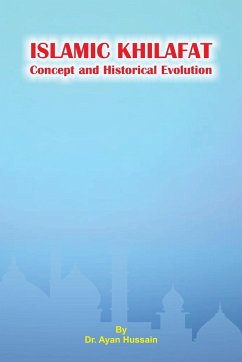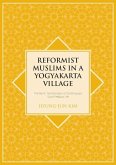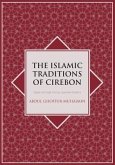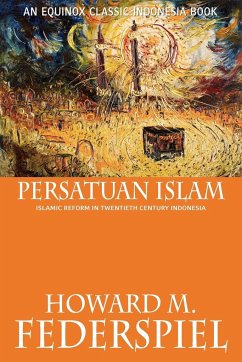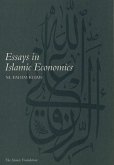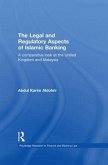This thesis entitled "Concept of Khilafat in Islam and its Historical Development^'' is to acquaint the students of Islamic political thought with the true nature of the khilafah, its concept and development on the basis of the Quran, sunnah and historical narrations. In this study an attempt is made to have a discussion on the whole period of the khilafah, discussing the changes and alterations that took place, from the time of the Prophet (SAW) till the end of the khilafah in 1343AH/1924AD by Mustafa Kamal. The khilafah, which means a system of governance in accordance with the political principles and juridical doctrines of Islam, began just after the demise of the Prophet (SAW) and the first head of the institution was Hazrat Abu Bakar who as the successor to the Prophet (SAW) was generally called as khalifarasullullah. His functions as khalifarasullullah, included among other things keeping the Islamic society and state founded by the Prophet (SAW) on the right track popularly termed as the minhaj al-nubuwah. The khalifah had to follow in all his designs and works the Quran and the sunnah. He was not divinely appointed as was the case with the Prophet (SAW); rather he was selected or elected by the Muslim Community. He officiated the Prophet (SAW) in the enforcement of the shariah, without any right to making any change in it. The law-making authority, however, rested with the Islamic ummah as a whole of which the khalifah was the foremost part. Historically speaking, the Islamic state was passed on to the companions {sahabah) of the Prophet (SAW) who kept the norms, traditions and bases established during the Prophetic period.
